#german goal
Text
I think, broken down to its essence, learning a language can have three stages/goals, which can but needn't all be reached:
- Goal 1: have enough vocab and grammar to say stuff and have your message be understood
- Goal 2: have the grammar and vocab to say grammatically correct sentences
- Goal 3: be able to do creative/academic writing (meaning: have the skill+vocab to vary writing style according to the text type)
#this is probably also part of where that fluency discourse comes from#(besides fluency being super subjective in general)#because: is goal 2 already fluent?#or do you need the versatility of goal 3 to really consider yourself fluent?#german#langblr#deutsch#learning german#language learning#deutsch lernen#german language#german learning#language#german vocabulary
201 notes
·
View notes
Text
I'm in desperate need of a forehead kiss and being tugged under someone's chin while cuddling
#please bro#wlw#wlw post#wlw yearning#wlw relationship goals#wlw scenarios#wlw text post#sapphic yearning#soft sapphic#sapphism#sapphic#lesbian#german lesbian
898 notes
·
View notes
Text
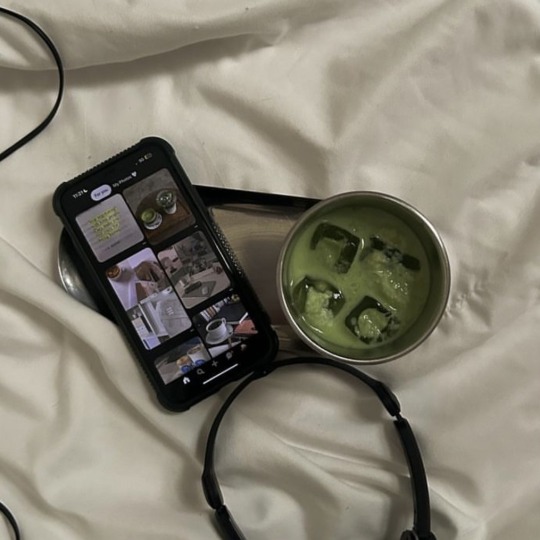

#studyabroad#study motivation#studyinspo#studyspiration#studyspo#studystudystudy#studyvisa#italy#student life#study aesthetic#study mode#study japanese#study time#study studying studygram studyblr studyabroad studyhard studyspo studymotivation studytime studyinspiration studyinspo studyaccount studyblo#studygram#study goals#study guide#study girl#study group#study german
127 notes
·
View notes
Text
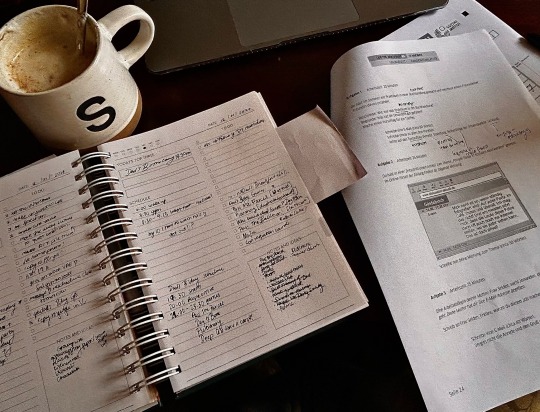
wednesday 24/01/24
gotten back to work w my planner! did a practice writing task but not sure my use of language is perfect yet
♫ houdini - dua lipa ♫
#studyblr#studyspo#study aesthetic#stem#studying#women in stem#aesthetic studying#study motivation#studystudystudy#study inspiration#study vibes#study study study#study space#study hard#study#study in getmany dream#german language studies#language studies#B1 german goals#german#german language#academic aesthetic
55 notes
·
View notes
Text
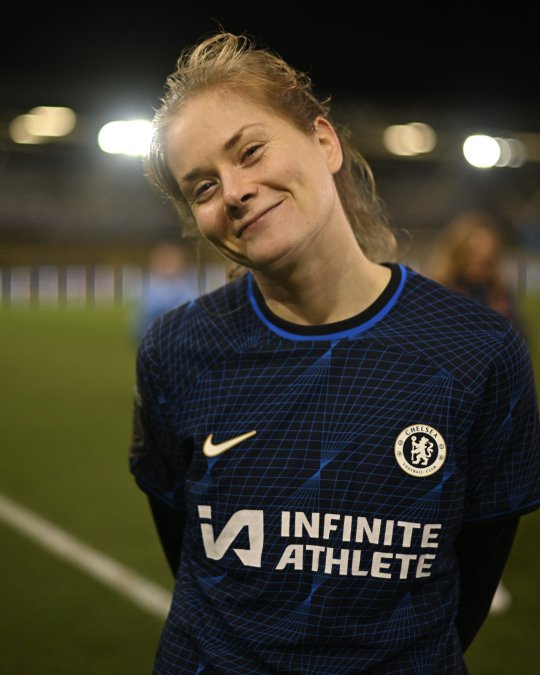
#sjoeke nusken#sjoeke nüsken#football#chelsea women#german national team#stamford bridge#champions league#away days#woso#womens soccer#futbol#soccer#sports#chelsea#chelsea fc#sw6#goal#nike#gerwnt#wsl#football pitch#field#young talent#6#midfielder#conti cup#away kit#royal blue#London is blue#we hate Tottenham
51 notes
·
View notes
Text
The Big Lebowski is a neo-noir film.
#discuss at will#listen. it's got everything. convoluted plot where everyone's double-crossing each other.#laid-back detective reluctantly sucked into the madness in pursuit of a small selfish personal goal.#femmes fatale; including a harsh cold goal-oriented woman the detective ends up sleeping with but not ultimately forming a relationship wit#corrupt cops#an abundance of grit and sleaze#frequent reference to characters' experience in the war#nihilism.#germans.#and a killer soundtrack#the coens even said it was inspired by raymond chandler what more can you ask for
41 notes
·
View notes
Text
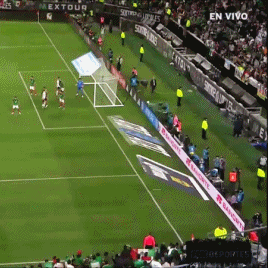
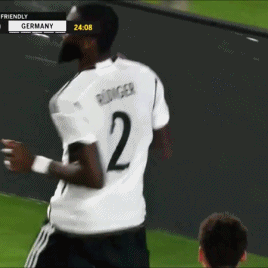
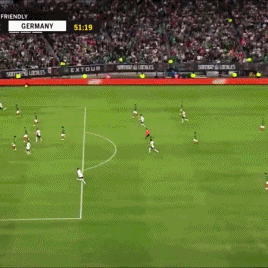

Antonio Rüdiger (25')
Niclas Füllkrug (51')
México | 2 - 2 | Germany
²⁰²³ ᴵⁿᵗᵉʳⁿᵃᵗᶦᵒⁿᵃˡ ᶠʳᶦᵉⁿᵈˡʸ
#to whoever threw that glass of whatever to fulle.... fuck you and thank you for the sick effect#germany nt#german nt#football#yep: I made this#antonio rüdiger#niclas füllkrug#sorry for not giffing mx's goals... i wanted to finish this quickly bc i have stuff to do!
42 notes
·
View notes
Text
Top tier advertisement *chef's kiss*
#major tom goes so hard#they need to make this their goal anthem#german nt#dfb team#die mannschaft#germany nt
30 notes
·
View notes
Text
2024 Language Goals
The focus for 2024 is going to be immersion in media without formal study. I've been testing out comprehensible input in the past few months and I plan to design my language learning around it. Turns out this is mostly already how I study Japanese and Korean because I'm a higher level in them, the real challenge will be doing comprehensible input with German, which I'm a much lower level. Here's the series/books I would like to check out or continue in 2024, purple ones are what I'm starting with:
Japanese
Reading: コーヒーが冷めないうちに (小説), 満月珈琲店の星詠み(小説), One Piece (a monumental task, I know), ダンダダン, 君は放課後インソムニア、ヲタ恋、文豪ストレイドッグス.
There's another two novels I want to read (JR上野公園口 and 乳と卵) but I don't currently own them. So I won't add them to the list until I do.
Listening: Honestly I was just going to browse around and see what I can find. I start and stop a lot of dramas because I end up not liking them a few episodes in lol. Japan can be pretty strict with media pirating so it gets hard to find (non-anime) TV shows without English subtitles without paying for a streaming service. If I don't find a live-action TV show I like in January, I plan on starting Jujutsu Kaisen (because I can't find the full manga raw).
Korean
Reading: 전지적 독자 시점, 날씨가 좋으면 찾아가겠어요, 강철비
Not adding a lot of reading projects for Korean because I get intimidated easily, I already started 전지적 독자 시점 in early December.
Listening: 커피 프린스 (actively watching, about halfway through), 여신강림 (I already watched, but going to rewatch for more focused comprehensible input), Reply 1997, 힘쎈여자 도봉순, 시카고 타자기...maybe 괜찮아, 사랑이야; Its my favorite drama so maybe I'll do a little rewatch
German
Reading: Boyfriends (Webtoon), I've heard mixed reviews for it but its available in German and looks easy and engaging enough for my level.
Listening: Die Heiland, Der Tatortreiniger, EasyGerman (YouTube). I don't know many German shows but these two looked most accessible without a VPN. I found some episodes of Die Heiland for free with German subtitles. I'm going to check out other things once I brush up more.
I'm going to try to post regular updates as well whenever I finish/switch series and resources. I'm hoping to be more active on langblr in 2024
Currently media can be found with the tag: #languagemedia
#Of course I'll be listening to music and such as well#language goals#language goals 2024#2024 goals#langblr#Japanese langblr#Korean langblr#German langblr#If anyone wants the romanized titles of the Japanese and Korean media lmk
30 notes
·
View notes
Text
Scary scary German syntax... right?
The following sentence exhibits a typical mistake German-learners make:
Heute ich gehe in ein Museum.
It's not conjugation ("ich gehe" is correct!), it's not declension ("ein Museum" is correct too!).
The issue is "heute ich gehe".
Correct would be: Heute gehe ich in ein Museum (or: Ich gehe heute in ein Museum.)
What's the rule here?
It's unfortunately not simply "there can only be one word before the verb"
German word order is so difficult be cause it is so variable.
All following sentences are correct and synoymous (though emphasis shifts):
Der Opa schenkt seiner Enkelin zum Geburtstag ein Buch über Autos.
Seiner Enkelin schenkt der Opa zum Geburtstag ein Buch über Autos.
Ein Buch über Autos schenkt der Opa seiner Enkelin zum Geburtstag.
Zum Geburtstag schenkt der Opa seiner Enkelin ein Buch über Autos.
All mean: The grandfather gifts his niece a book about cars for her birthday.
What do they all have in common, syntax-wise?
There's only one phrase in front of the finite verb.
What does this mean?
A phrase is a completed (!) unit that can consist of one or more words (depending on the word class (-> noun, verb, …))
Typical word classes that can be a phrase with just one word are:
Proper nouns, plural nouns, personal pronouns, relative pronous (Lukas kocht. Busse fahren. Ich schreibe. Der Mann, der kocht, …)
Adverbs (Heute, Morgen, Bald, Dort, Darum, …)
Most other word classes need additional words to form a full phrase:
adjectives need a noun and article: der blaue Ball, der freundliche Nachbar
nouns need a determiner (= article): der Mann, eine Frau, das Nachbarskind
prepositions need… stuff (often a noun phrase): auf der Mauer, in dem Glas, bei der Statue
…
A finite verb is the verb that has been changed (=conjugated) according to person, time, …
All verbs that are NOT infinitive or participles are finite.
ich sagte -> "sagte" is the finite verb
ich bin gegangen -> "bin" is the finite verb
The infinitive and the participle are called "infinite verbs" and are always pushed towards the end (but not always the very end!) of the sentence:
Ich bin schon früher nach Hause gegangen als meine Freunde.
So: Before the verb (that is not the participle or infinitive) there can only be one phrase.
Since "heute" is an adverb (-> forms a full phrase on its own) and "ich" is a personal pronoun (-> forms a full phrase on its own), they can't both be in front of the verb "gehe"
You have to push one of them behind the verb:
Heute gehe ich in ein Museum
Ich gehe heute in ein Museum.
Both of these are main clauses (Ger.: Hauptsätze), which in German exhibit "V-2 Stellung", meaning the finite verb is in the second position (after one phrase).
What happens if we push all phrases behind the finite verb?
Gehe ich heute in ein Museum? (Watch out: Gehe heute ich in ein Museum would be ungrammatical! The subject has to come in the second position)
It's a question now!
In German, question sentences (that do not start with a question word like "Was?", "Wo?", …) start with the finite verb (called "V-1 Stellung").
Questions, main clauses,… what's missing?
Dependent clauses!
The third type of sentence exhibits "V-letzt Stellung" or "V-End Stellung", meaning the finite verb is at the very end of the sentence.
Ich bin gestern in ein Museum gegangen, …
main clause -> V-2 Stellung
… weil es dort eine interessante Ausstellung gab.
dependent clause -> V-letzt Stellung
If you want to practice this....
... determine if the following German sentences are correct. If not, what would be the right way to say it?
Der Zug war sehr voll.
Gestern ich war in der Schule.
Die Lehrerin mich nicht hat korrigiert.
Gehst du heute zur Arbeit?
Das Buch ich finde nicht sehr interessant.
To practice this further, translate the following sentences into German and focus on the order of words:
The boy gave the ball back to me.
I called my girlfriend because I missed her.
The girl saw her brother at the train station.
The horse, which was standing on the field, was white and black.
#it's definitely not easy#but you can totally learn it!#maybe you'll notice it from now on#don't worry if you still get it wrong though#that's completely normal#and you'll still be understood#being understood is the main goal of learning a language!#german#learning german#langblr#german langblr#deutsch lernen#deutsch#language learning#german language#german learning#language#german grammar
173 notes
·
View notes
Text
I'm in physical need of sitting on a girl's lap, having asked to do her make up with absolutely no ulterior motives of course; hands slyly placed on skin under soft fabric, rubbing up and down the arch of my spine, glances on lips shared, slick smile when she realised why, "this isn't even about the make-up isn't it?" "shut up and sit still, I'm doing your eyebrows", fingers wrapped around her jaw, directing her pretty head, "and lastly I've actually learnt a new technique of applying lipstick" "what how are-" already coloured lips gently pressed to unstained ones, a smirk pulling at the corners of her mouth, being pulled even closer to her chest
"what a talented artist you are"
#this is just straight up fanfiction is it not?#I want to flesh this out as a legitimate oneshot but idk what ship :(#I'm in my woosan girly era again but I want this to be sapphic >:(#wlw post#wlw positivity#wlw relationship goals#wlw scenarios#wlw text post#wlw concepts#wlw#sapphic yearning#soft sapphic#sapphism#sapphic#german lesbian#lesbian#yearning#lgbt#lgbtq#sapphic scenario#text post#should I do dina x ellie?#I think the little whaat- would also fit#writing promt#writing#please do not come at me i am not a writer haha
245 notes
·
View notes
Text
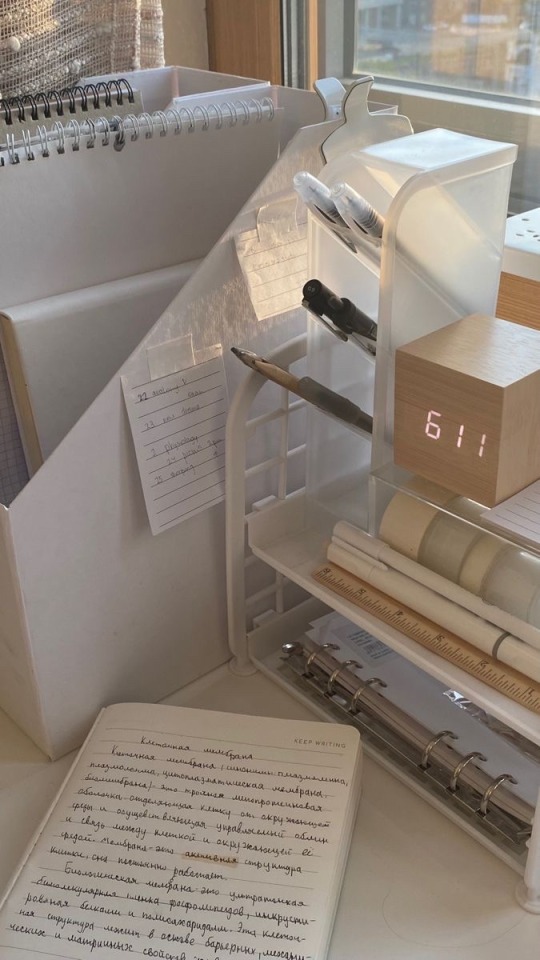

#study motivation#studyabroad#studyspo#studystudystudy#studyvisa#student life#study aesthetic#italy#studyinspo#studyspiration#study methods#study movitation#study mood#study medicine#study gram#study german#study guide#studywithme#studygram#study goals#study group#study journal#study vibes#study videos#character study#study notes#study mode#study break#study blog#study for exams
336 notes
·
View notes
Text
How to say "I love you" in your partner's language - Part 1
English: I love you
Spanish: Te quiero / Te amo
French: Je t'aime
Italian: Ti amo
German: Ich liebe dich
Portuguese: Eu te amo
Russian: Я тебя люблю (Ya tebya lyublyu)
Chinese (Mandarin): 我爱你 (Wǒ ài nǐ)
Japanese: 愛してる (Ai shiteru)
Korean: 사랑해 (Saranghae)
Arabic: أحبك (Ana bahebak)
Hindi: मैं तुमसे प्यार करता/करती हूँ (Main tumse pyaar karta/karti hoon)
Greek: Σ'αγαπώ (S'agapo)
Turkish: Seni seviyorum
Dutch: Ik hou van jou
Swedish: Jag älskar dig
Bokmål: Jeg elsker deg
Finnish: Rakastan sinua
Polish: Kocham cię
Hungarian: Szeretlek
Nynorsk: Eg elskar deg
Dangme (spoken in Ghana): I suɔ mo.
We'll add more languages in the nest posts. Ask if you want to add your own language or different phrases. We're always open to feedback!
#i love you#education#relationships#cultural differences#relationship goals#tumblr stuff#relationship advice#dating tips#how to date#hungarian#polish#finnish#norwegian#swedish#turkish#greek#hindi#arabic#korean#japanese#chinese#russian#portuguese#german#french#italian#spanish#english#languages#language stuff
25 notes
·
View notes
Text
I could not tell you if I loved you the first moment I saw you, or if it was the second or third or fourth. But I remember the first moment I looked at you walking towards me and realized that somehow the rest of the world seemed to vanish when I was with you.
#dark academia#i love her#love#love poetry#lovesick#poems on tumblr#spilled poetry#love quotes#spilled thoughts#i love you#lovers#literature#ich liebe dich#relationship#goals#twin flame#feelings#spilled words#german poetry#poetry#love poem#poem#you#soulmates#being in love
29 notes
·
View notes
Text

i.michael
164 notes
·
View notes
Text
Leon Scoretzka, circa 2017 ⚽️💥
#can’t believe Leon invented the cheeky backheel in 2017 🤯😮💨#I will never get tired of watching this beautiful goal back 😍#leon goretzka#die mannschaft#dfb team#german nt#germany nt#videos
17 notes
·
View notes